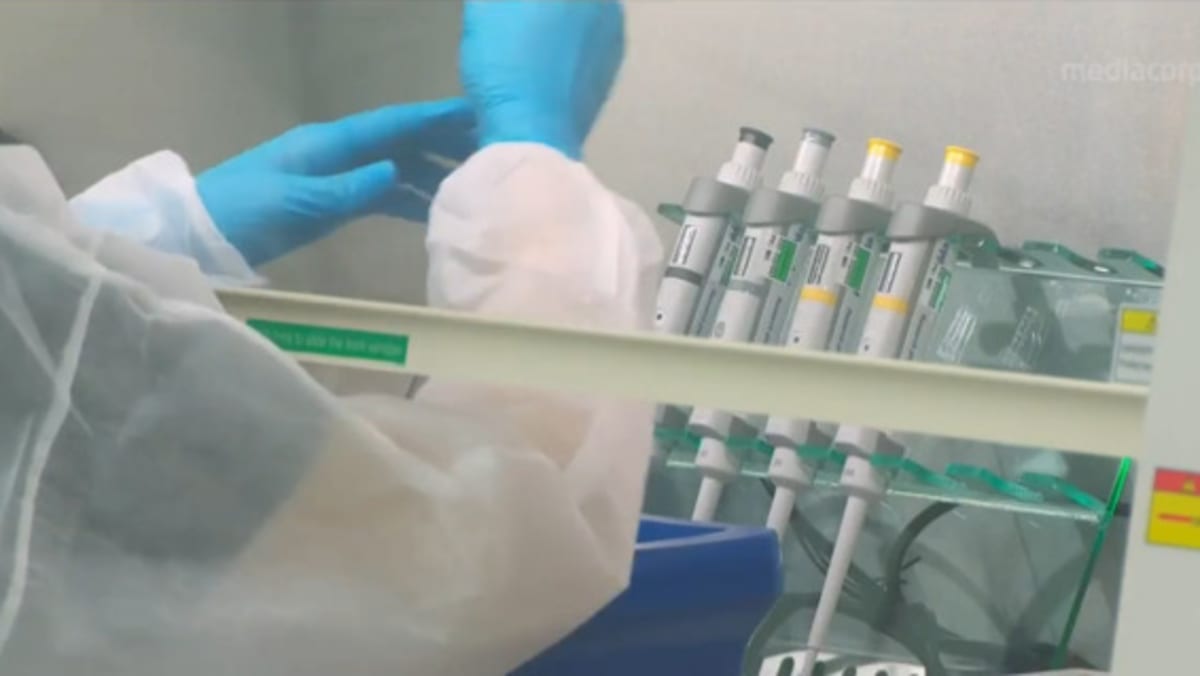Commentary: A blood test that screens for multiple cancers at once promises to boost early detection
HOW SHOULD MCED TESTS BE USED?
Figuring out how MCED tests should be implemented in the clinic will take many years. Researchers and clinicians are just beginning to address questions on who should be tested, at what age, and how past medical and family history should be taken into account. Setting guidelines for how doctors will further evaluate positive MCED results is just as important.
There is also concern that MCED tests may result in overdiagnoses of low-risk, asymptomatic cancers better left undetected. This happened with prostate cancer screening. Previously, guidelines recommended that all men ages 55 to 69 regularly get blood tests to determine their levels of PSA, a protein produced by cancerous and noncancerous prostate tissue.
But now the recommendation is more nuanced, with screening suggested on an individual basis that takes into account personal preferences.
Another concern is that further testing to confirm positive MCED results will be costly and a burden to the medical system, particularly if a full-body scan is required. The out-of-pocket cost for an MRI, for example, can run up to thousands of dollars.
And patients who get a positive MCED result but are unable to confirm the presence of cancer after extensive imaging and other follow-up tests may develop lifelong anxiety about a potentially missed diagnosis and continue to take expensive tests in fruitless search for a tumour.
Despite these concerns, early clinical studies show promise. A 2020 study of more than 10,000 previously undiagnosed women found 26 of 134 women with a positive MCED test were confirmed to have cancer.
A 2021 study sponsored by GRAIL found that half of the more than 2,800 patients with a known cancer diagnosis had a positive MCED test and only 0.5 per cent of people confirmed to not have cancer had a false positive test. The test performed best for patients with more advanced cancers but did detect about 17 per cent of the patients who had very-early-stage disease.
MCED tests may soon revolutionise the way clinicians approach cancer screening. The question is whether the health care system is ready for them.
Colin Pritchard is Professor of Laboratory Medicine and Pathology at the School of Medicine, University of Washington. This commentary first appeared on The Conversation.
Source By https://www.channelnewsasia.com/commentary/multicancer-early-detection-mced-test-research-funding-approve-insurance-3038121



